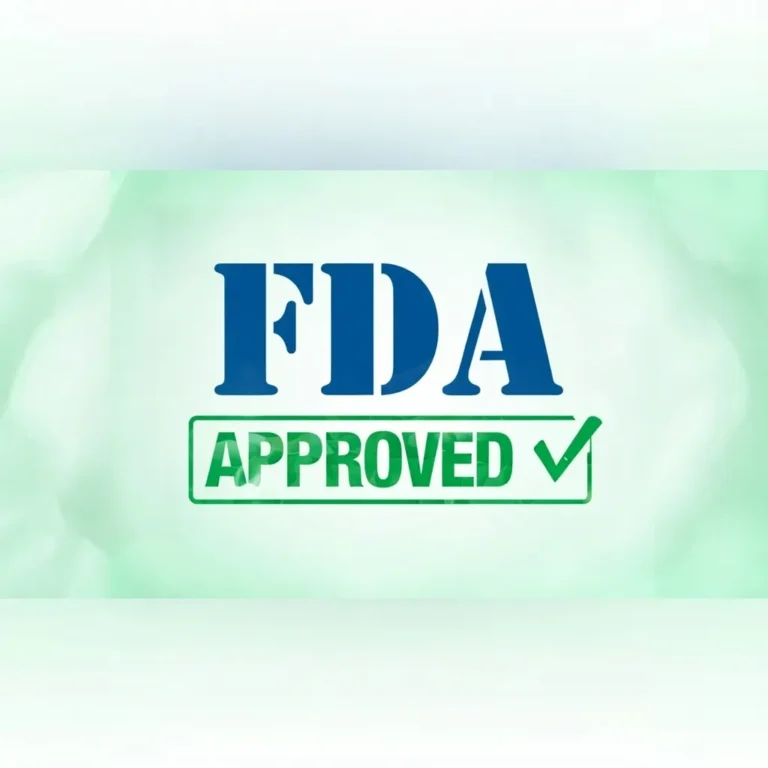
Bristol Myers Squibb (NYSE: BMY) has received approval from the U.S. Food and Drug Administration (FDA) for COBENFY™ (xanomeline and trospium chloride), marking a significant advancement in the treatment of schizophrenia in adults. This medication represents the first new class of treatment for schizophrenia in decades, utilizing a novel approach that selectively targets the M1 and M4 receptors in the brain while avoiding D2 receptor blockade.
Chris Boerner, PhD, board chair and CEO of Bristol Myers Squibb, highlighted the importance of this approval: “Today’s landmark approval of our first-in-class treatment for schizophrenia marks an important milestone for the community. After over 30 years, we now have a completely new pharmacological approach to schizophrenia that could reshape the treatment paradigm. As we reenter the field of neuropsychiatry, we are committed to changing the conversation around serious mental illnesses, starting with today’s approval.”
Schizophrenia is a chronic and often debilitating mental health disorder that affects how individuals think, feel, and behave. It is estimated to impact about 2.8 million people in the United States, with symptoms typically emerging in early adulthood and varying widely among individuals, complicating diagnosis and management. While current treatments can alleviate symptoms, up to 60% of patients report insufficient improvement or intolerable side effects.
Gordon Lavigne, CEO of the Schizophrenia & Psychosis Action Alliance, remarked on the significance of new treatment options: “For those living with schizophrenia, finding an effective treatment can be challenging. Having multiple options empowers patients and healthcare providers to manage this serious condition better. Today’s approval gives individuals with schizophrenia a new avenue to pursue as they work toward rebuilding their lives with the appropriate support.”
The FDA’s decision to approve COBENFY is based on data from the EMERGENT clinical program, which included three placebo-controlled efficacy and safety trials along with two open-label trials assessing long-term safety and tolerability for up to a year. In the Phase 3 EMERGENT-2 and EMERGENT-3 trials, COBENFY demonstrated statistically significant reductions in schizophrenia symptoms compared to placebo, as measured by the Positive and Negative Syndrome Scale (PANSS). Specifically, it showed a 9.6-point reduction in EMERGENT-2 and an 8.4-point reduction in EMERGENT-3 at week five.
The safety profile of COBENFY has been validated through both acute and long-term trials. Common adverse reactions (occurring in ≥5% of patients and at least twice as often as placebo) included nausea, dyspepsia, constipation, vomiting, and dizziness, among others. Notably, COBENFY does not carry atypical antipsychotic class warnings and has no boxed warning.
Dr. Rishi Kakar, chief scientific officer and medical director at Segal Trials and an investigator in the EMERGENT program, noted the transformative potential of COBENFY: “Given the heterogeneous nature of schizophrenia, a one-size-fits-all treatment approach is often inadequate, leading to cycles of therapy discontinuation and switching. The approval of COBENFY is a pivotal moment because it leverages a novel pathway in the brain, providing a new option for managing this complex condition.





